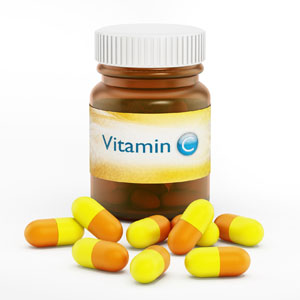This week, the PBS investigative documentary show, Frontline, aired a documentary they created jointly with the New York Times, called Supplements and Safety. If you take or think about taking vitamins, minerals, probiotics, fish oil…or if you consume protein shakes or bars to add extra nutrients or make up for what you think might be missing from your everyday diet, you need to watch this documentary (go to the Video section of my website for the link to the trailer; you’ll need to sign up with PBS, for free, to watch the whole documentary). Here are the main take-home messages:
Products that the federal government considers to be dietary supplements (see the table) are not regulated the way drugs and foods are regulated. Drug companies must demonstrate their products are effective (to treat a condition) and safe. Food companies must also demonstrate their foods are safe and are strictly limited as to any health claims they are allowed to make about their products. In contrast, supplement regulation is like the wild, wild West: manufacturers have recently been required to adhere to good manufacturing practices and they can’t claim their products treat any diseases, but they’re not required to demonstrate effectiveness for the claims they can make (such as promoting immune function) AND they are not required to demonstrate the products are safe before they can be sold.
Recent rigorous tests conducted by a team of scientists found that many commercial supplements contain far less–or more–of the active ingredients than the labels indicate, and that some contain potentially dangerous or even illegal substances. Many of these substances, if caught on drug tests, could cause folks to lose their jobs or get kicked off teams, or worse: Some of these undeclared ingredients are potentially lethal.
No scientific evidence exists to support the need for the majority of us to take most dietary supplements or to take them in the amounts some products contain. One of the most compelling scenes in the show was Dr. Paul Offit’s illustration of just how much real food we would have to consume to get the amounts of certain nutrients in the average commercial supplement. For example, you would need to eat 1000-2000 almonds to get the amount of vitamin E found in a typical vitamin E capsule. Offit’s point was that if we would have to eat 1500 almonds to provide the amount of vitamin E contained in a typical capsule, maybe we need to rethink the wisdom of taking it.
Should You Take Dietary Supplements?
